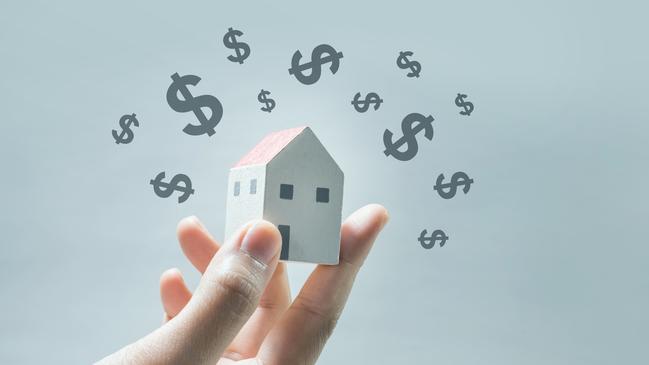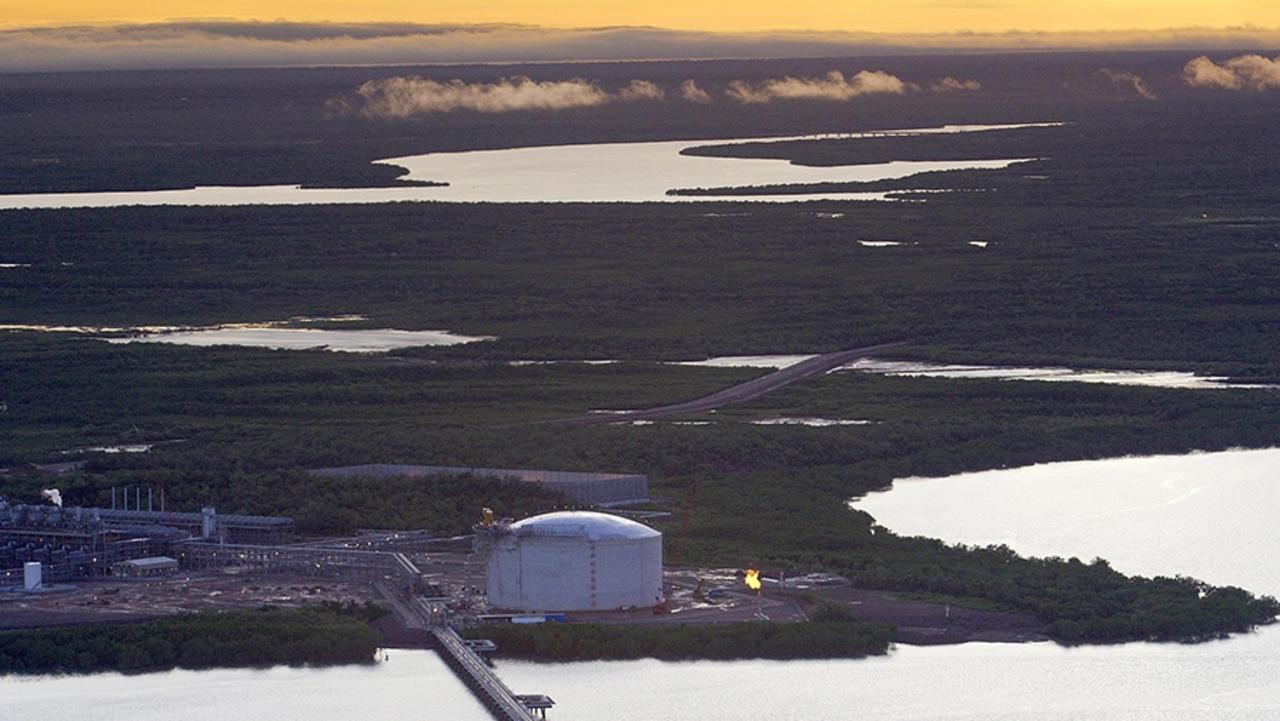Why the family home should be part of super savings
It is unarguable that the first best investment most people can make in their lives is the family home.

Business
Don't miss out on the headlines from Business. Followed categories will be added to My News.
Two things critical to your financial future now seem locked in concrete: million-dollar houses in Melbourne and Sydney and 12 per cent superannuation contributions.
Not every house in Melbourne and Sydney has reached that figure, obviously. For starters, builders are still offering, and delivering, new house-and-land packages much cheaper than that.
Give or take a thousand or ten or fifty, it’s now the average price of sales of what I call ‘second-hand homes’ – established houses. The average for apartments, established or new off-the plan, is also much lower.
But the bottom line is that it is now all-but impossible for first-home buyers to contemplate buying such a property in our two biggest cities, without the help of the ‘bank of mum and dad’, and indeed even with it.
This is the case, even with first homebuyer mortgage rates right down at and around 2 per cent. A ‘responsible lender’ has to factor in that the rates won’t stay that low, in assessing the ability of the borrower to maintain repayments.
The first and biggest hurdle is the deposit. To buy a million-dollar home, it’s really got to be at least $100k and preferably $200k-plus.
So the choice of many is now to buy an apartment instead or to head for an estate on the city fringe – which is increasingly all-but blending into regional cities and, together with the virus, has led to booming prices in those regional locations. Or just keep renting.
Now the super contributions are not going to 12 per cent immediately. They are now at 9.5 per cent of your wage or salary and will progressively rise through to 2025.
It’s argued those increases will come at the expense of wage and salary rises – just continuing the difficulty of first-home buyers being able to afford a home loan.
I think that’s overstated. Over the next four years the average wage is going to rise by somewhere between 10 and 15 per cent. I doubt that the 2.5 per cent extra on super will necessarily come off the top.
But it will have some effect on future wage rises; it does mean, there will be more of your money going into super – ostensibly to fund your retirement in your 70s, maybe 40-50 years away – when it could be helping you into your first home.
So once again, should people be able to tap into those super balances to fund a property buy?
The short – and most honest – answer is, yes, but.
It is unarguable that the first best investment most people can make in their lives is the family (owner-occupied) home. That’s if all the pluses and minuses are properly included in the calculation, including the most basic of all: you have to live somewhere.
The decider is the family home’s capital-gains tax free status. That’s also why a (the right) negatively geared property runs second – the lower taxes applied to capital gains.
So at core, the all-but free money of 2 per cent home loan rates is a double-banger. You get free money to buy an asset on which you won’t have to pay tax.
That’s the ‘yes’ in my answer. Even before 2 per cent home loan rates, someone in their 20s and 30s would have been better off putting money into a home before putting it into super. The 2 per cent, effectively free money, makes it a no-brainer.
The ‘but’ in my answer is the problem we have with all the exercises which put more money into the hands of potential property buyers – and I’m thinking more specifically of long-established government funded first-home buyer grants.
This is that it just adds to bidding demand, forcing up the price of the property beyond what it would otherwise have sold for. The real winners are sellers and agents.
That said, the benefit of someone getting ownership of that first property is still so overwhelmingly positive, even at such a higher price. Yes, it would have been better to get it at, say, $800k, but getting it at $900k is still better than missing out.
That’s, again, to stress, the right property – established houses a reasonable distance from the CBD. Apartments and houses on the fringe are much more problematic and complicated.
The government has now caved on letting the already regulated increase in super contributions to go ahead. Its focus should now be on giving first-home buyers structured access to some part of their super balances, to get onto that all-important first-rung of property ownership.
It should not though overlook my ‘but’. We should really try to come up with a better way to make good first-home ownership affordable – and not just in Melbourne and Sydney, but all the capitals – than simply giving buyers more upfront cash to hand to sellers, while still leaving them with an even bigger debt.



